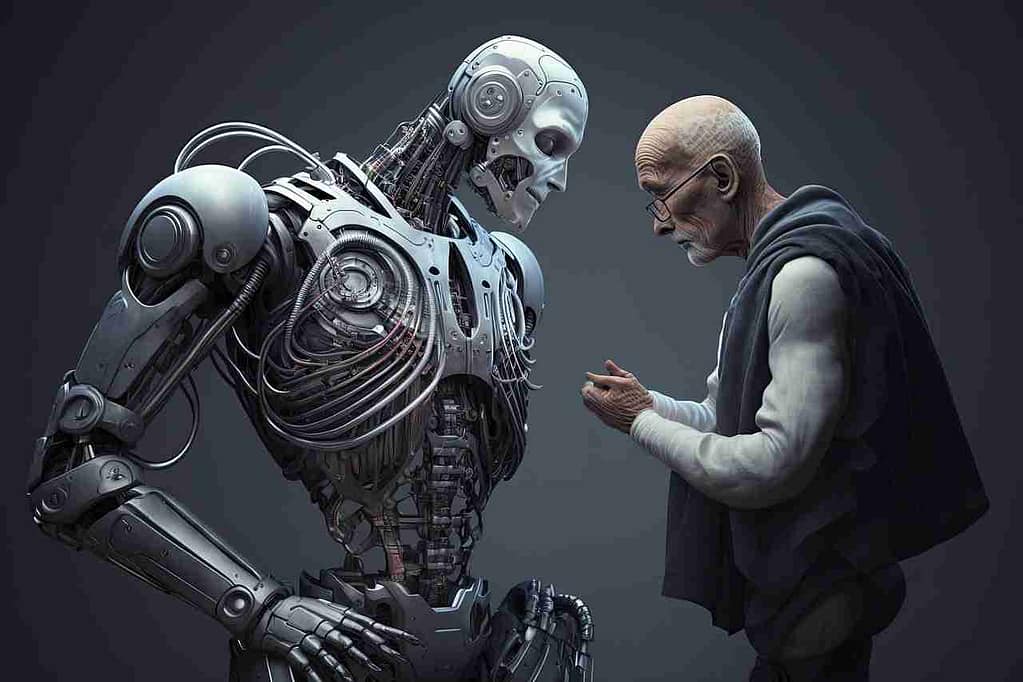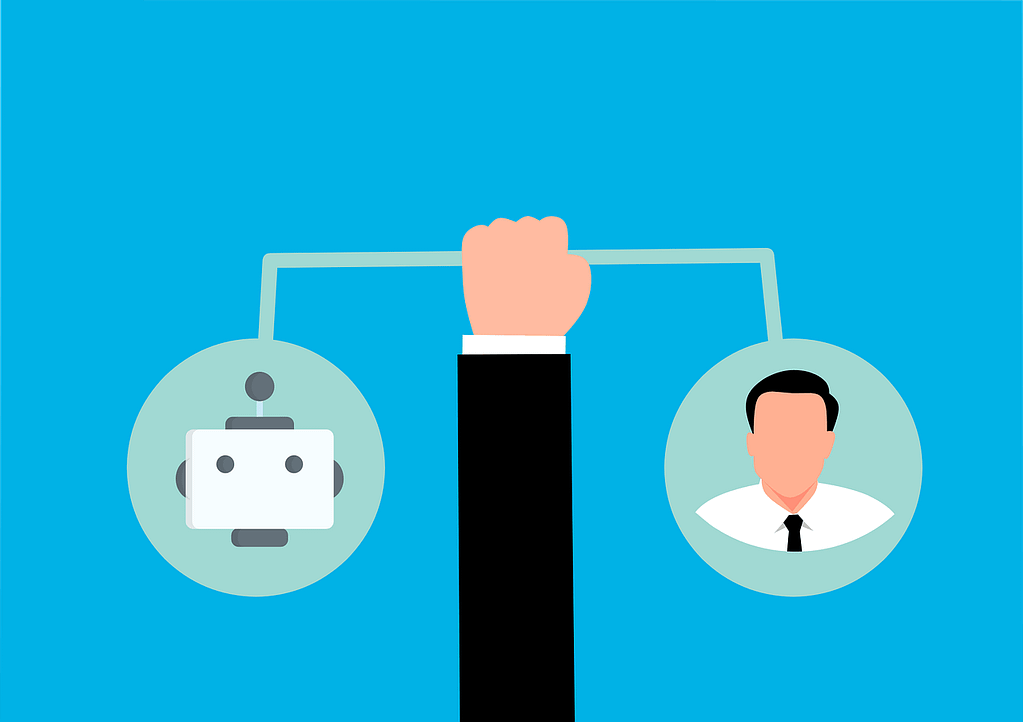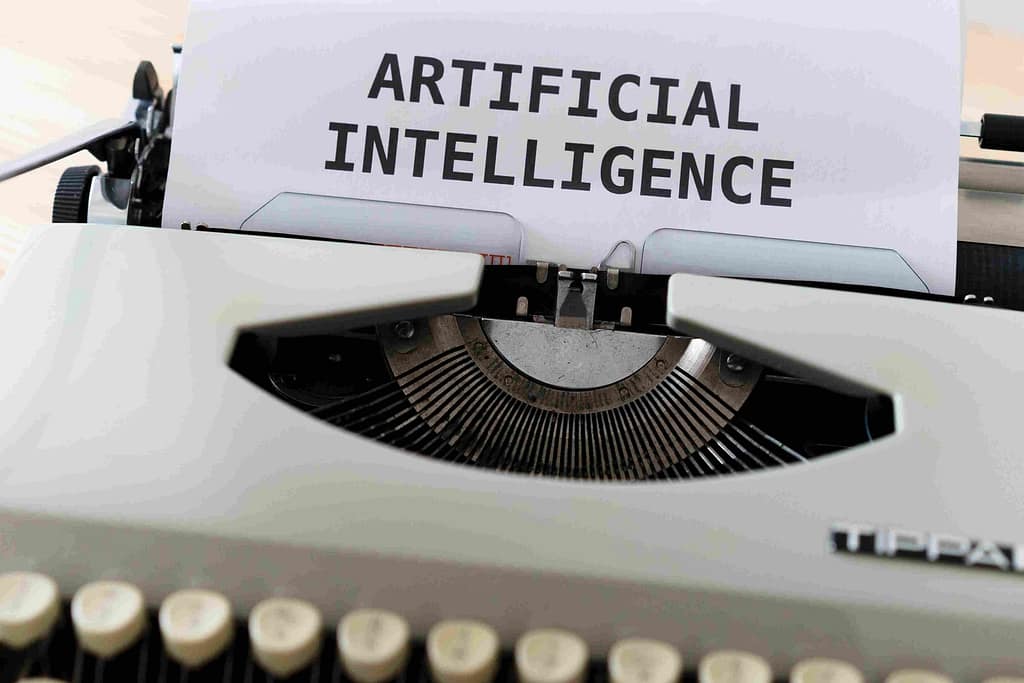Since its start in the 1950s, Artificial Intelligence (AI) has made significant advancements. Modern artificial intelligence (AI) systems can perform a broad range of functions, including playing games, operating on patients, and even recognising audio, pictures, and spoken language.
Any repetitious jobs that can be somewhat organised so that a computer can comprehend are being replaced by more automated machinery and software.
It’s not difficult to see ourselves in the position of significant factory owners and understand how they may choose to purchase costly equipment that can operate around the clock rather than ever request a rise.
However, we shouldn’t only consider huge assembly robots when thinking about AI. Artificial intelligence has already made its way into a variety of occupations with the aim of lightening the load of monotonous, repetitive work that people are often not very good at but that computers excel at. It’s crucial to remember, though, that not all occupations will be eliminated by AI. In the upcoming years, AI will be able to replace some of the tasks that are currently almost unattainable.
We have outlined five main reasons why artificial intelligence (AI) cannot entirely replace people in the research article “There is no Artificial General Intelligence” by Jobst Landgrebe and Barry Smith. Let’s examine each of these arguments in depth, including thorough evidence, logic, and justification. We’ll also offer some things that are up for debate and the reasons against them. Please share your thoughts in the comments section below. The top 5 human things AI can’t replace ever are listed below.
5 Human Things AI Can’t Replace

Emotional Intelligence
Machines lack the empathy and feeling that humans have when dealing with the emotions of others. Smart corporate leaders and business owners are aware of the value of appealing to the emotions of their personnel and customers. Such degrees of human connection are impossible for machines to accomplish, but there are techniques to develop your emotional intelligence as a person.
Among the many soft talents that robots lack are collaboration, attention to detail, critical and creative thinking, effective communication, and interpersonal skills. These are talents that humans learn and are expected to have; learning them is beneficial for all people, regardless of status. Soft talents, however, are foreign to artificially intelligent computers. These soft skills are essential for professional development and progress, but AI cannot create them.
Organic Response
The capacity to think creatively and generate novel, original ideas is a special trait only found in humans. While AI is capable of data analysis, pattern recognition, trend identification, and even idea generation based on data, it is unable to think beyond the box and produce original and innovative ideas. AI’s reliance on pre-programmed algorithms restricts its capacity for original thought. In many areas, such as art, design, and creativity, imagination is crucial; however, AI lacks this human quality. Both employers and workers understand the value of innovation in the workplace. Instead of the dull, repetitive tasks for which AI is programmed, creativity delivers the enjoyable experience of something fresh and distinct. Innovation is built on creativity.
The ability to adapt to changing circumstances and contexts is an innate reaction. They may take what they’ve learned from their experiences and apply it to fresh circumstances. AI, on the other hand, is constrained by its programming and is unable to adjust to new circumstances without reprogramming. Because of this, AI is less versatile and flexible than humans. A human driver, for instance, may modify their driving style in response to traffic or weather conditions, but an autonomous vehicle may find it difficult to respond to unforeseen circumstances.
Human handling
Understanding the emotions of people requires being aware of their needs, wants, and motives as well as acting properly. While AI is capable of identifying emotions and responding to simple commands, it is unable to emotionally connect with individuals. In a variety of professions, including counselling, coaching, and leadership, this management of human emotions is crucial.
Negotiation skills are another set of abilities that artificial intelligence won’t be able to replace. Machines can analyse data and provide recommendations, but they lack human traits like the capacity for negotiation and agreement-making. Negotiation abilities are essential in a wide range of professions, including law, business, and politics.
Dexterity
Another skill that humans cannot be replaced by AI is physical dexterity. Physical dexterity is the capacity to carry out manual tasks with competence and accuracy. It includes manipulating items with the hands and fingers, such as while playing an instrument, cooking, or carrying out delicate medical operations. While AI is capable of performing some jobs with a high degree of accuracy, such as assembling components in a factory, it is unable to carry out tasks that call for human dexterity and touch. In many different professions, including music, the arts, medicine, surgery, etc., physical dexterity is necessary.
Ethics
Ethics is a very crucial area where AI cannot take the place of people. The ideals that guide people’s behaviour and decision-making are said to as ethical. It entails distinguishing right from wrong and coming to morally sound conclusions. Although AI can be equipped with moral guidelines, it is unable to make decisions based on moral standards. In a self-driving car, for instance, an AI system may be trained to put passengers’ safety first, but it might not be able to exercise moral judgment in a circumstance when it must choose between passengers’ safety and pedestrians’ safety. In many professions, like law, journalism, and medicine, where choices can have lasting effects, ethics are crucial.
Computers can recognise emotions and respond properly, but they lack the sophistication of human empathy and comprehension. Empathy is essential in a variety of professions, including social work, counselling, and healthcare. Human talents like deeper interpersonal communication and understanding are impossible to imitate through technology.
It’s also hard to teach robots intuition because it takes a unique human background and personality. It entails making judgements quickly and accurately in a particular scenario by drawing on prior experiences and knowledge. While AI is capable of data analysis and prediction, it is unable to use intuition to make judgements. Quick judgements may make or break a career in a variety of sectors, including law enforcement, the military, and business.









